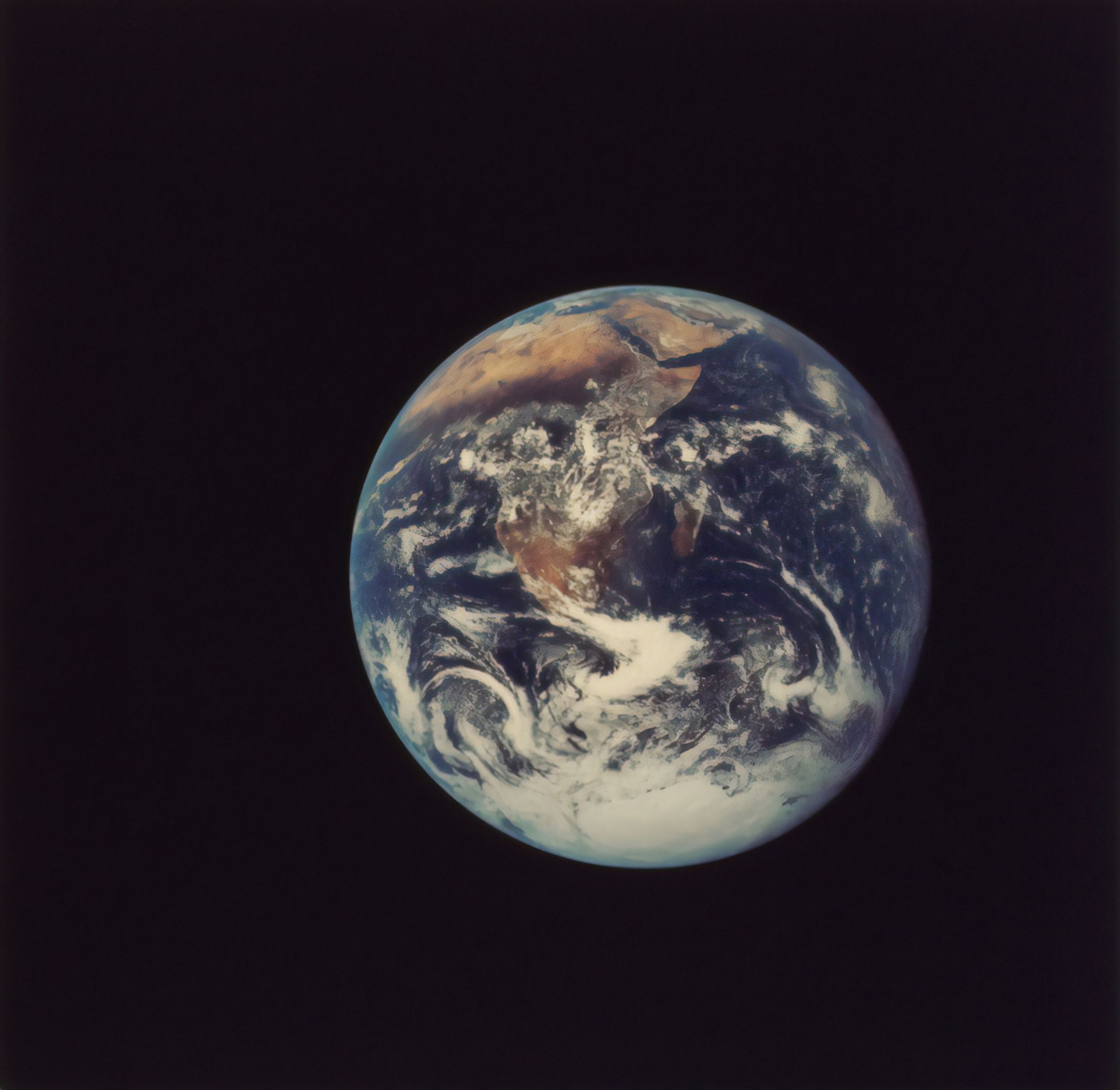Sometimes, the greatest advocates for change are ordinary people who simply decide that enough is enough. People who say, ‘No, I’m not going to give my seat on the bus up to a white man.’ Or that ‘No, I’m not going to smile politely while half of the population is denied the vote.’
And now, in 2019, a similarly strong advocate has emerged in Botswana: Letsweletse Motshidiemang.
25-year-old Motshidiemang, from a village in the north of the country, is in many ways a regular university student. He studies literature, lives away from his hometown, has fallen in love.
The only difference, in the eyes of Botswana law, was that his partner is a man.
Yet after a one year legal process, initiated by Motshiediemang, the Southern African country has officially decriminalised homosexuality, bringing legal protections to people who identify as LGBTQ+ for the first time in its 53-years as an independent country.
Colonial history
Although Botswana broke free from the British Empire in 1966, it still adheres to many colonial-era laws. Nestled among these is a law from 1965 that being gay was a crime punishable with up to seven years in prison.
The law originally said that same-sex relationships were “against the order of nature.”
There are similar restrictions across Africa. Reuters reports that there are 69 countries around the world where same-sex relations are illegal, including 32 of the 54 African nations.
Even in countries that have taken large steps forward, such as South Africa — which was the first country in the continent to make same-sex marriage legal — discrimination and violence towards LGBT groups remains common.
Legal challenge
Motshidiemang told the Christian Science Monitor that it was not his childhood village — a place of quiet acceptance — that made him feel like he needed to change. It was instead just the legal environment.
So in 2016, while studying at the University of Botswana, Motshidiemang got in touch with a law professor at the university for help in challenging the prohibition. He’d never taken part in marches or parades, but simply felt like he didn’t want others to “feel like who we are is a crime.”
“I am in a sexually intimate relationship with a man. I have no doubt that this will be the case for the rest of my life,” Motshidiemang said in the case brought against the Government, as reported by the Tswana Times. “My friends, roommates at the University of Botswana have accepted me, even at the University of Botswana I feel free and accepted.
“[But] by virtue of one or more of these provisions of the law, I am prohibited from expressing the greatest emotion of love through the act of enjoying sexual intercourse with another consenting adult male that I am sexually attracted to and who is also sexually attracted to me, as consenting adults.”
The case was supported an NGO, LEGABIBO (The Lesbians, Gays and Bisexuals of Botswana).
In response, three judges presiding over the case at the High Court decided to unanimously decriminalise homosexuality. They struck down Section 164 of the country’s Penal Code as unconstitutional, saying the provisions “violate privacy, liberty, and dignity; are discriminatory, and serve no public interest.”
Judge Michael Leburu added that a democratic nation “is one that embraces tolerance, diversity, and open-mindedness,” and that sexual orientation “is not a fashion statement,” but an “important attribute of one’s personality.”
Appeal
Sadly, the story is not over yet. The Government has decided to challenge the decision, saying the court had “erred” in its decision making.
Attorney General Abrahama Keetshabe — the person against whom the case had been brought — said he was “of the view that the High Court erred in arriving at this conclusion and thus, I have decided to note an appeal with the Court of Appeal.”
No further information has been given about why Keetshabe thinks the judgement is incorrect, or when the appeal hearing will take place.
The Voice of America reports from people who felt shocked by the Government’s decision, including musician Motswafere Sithole, one of Botswana’s few openly gay figures.
“My heart was saddened by that, I felt mortified,” he told the site, adding that the initial decriminalisation meant that the LGBT community could be “free as human beings.”
“We were moving forward; we were making progress, but now it is like we are two steps back.”
Similarly, the site quotes Cindy Kelemi, Executive Director of the Botswana Network on Ethics, Law and HIV / AIDS, who said the appeal was “really, really disappointing.”
“It basically means the government affirms the institutionalized stigma that is based on policy and laws that basically discriminate on the basis of sexual orientation.”
This was not entirely unexpected. But the activists remain committed to a journey that has seen other countries (Angola in January 2019, and India, in September 2018) strike down similar laws for good.
And there’s a good chance that Botswana’s path towards equality is irreversible: Human Rights Watch reports that the country has upheld a transgender man’s right to change his name and gender marker on official documents.
